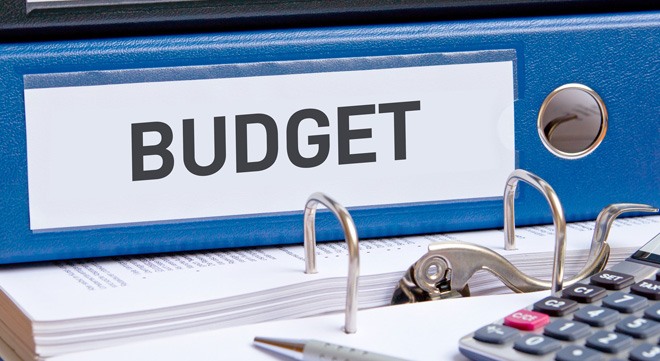FSPs will have to pay R32 more per key individual (KI) or representative if the FAIS Ombud’s levy proposal for the 2025/26 financial year is implemented.
The Ombud, Advocate John Simpson, earlier this month published for public comment his Office’s proposed budget and levies for the coming financial year, as required by the Financial Sector Regulation Act.
The Financial Sector and Deposit Insurance Levies Act, which commenced on 1 April 2023, provides for the imposition of levies on supervised entities to fund the FAIS Ombud. Table E in Schedule 5 to the Act sets out the formula for calculating the FAIS Ombud levy.
The formula comprises a base amount and a variable amount. The variable amount is calculated by multiplying the levy per KI and representative by the average total number of KIs plus the average total number of representatives, calculated from 1 September of the preceding levy year to 31 August of the current levy year.
The FAIS Ombud does not propose increasing the base amount of R1 100. But it does propose increasing the levy per KI and representative by 4.6%, from R690 to R722.
It is also proposed that the cap on the maximum levy payable remains at R333 275.
The FAIS Ombud said the proposed increase of 4.6% is in accordance with section 10(4)(b) of the Levies Act, which states that the levies in the schedules to the Act must be increased by the arithmetic mean of the Consumer Price Index (CPI) as published by Statistics South Africa in the preceding calendar year, unless the Minister of Finance, by notice in the Government Gazette, determines there must be no increase or an increase less than that annual rate of increase.
According to Statistics South Africa, CPI was 4.6% in July 2024.
The FAIS Ombud did not increase its base amount or the levy per KI/rep in the 2024/25 year, bringing a measure of relief to FSPs with a large number of representatives.
The Levies Act allowed the FAIS Ombud to raise a special levy in the first two years of its enactment to cover establishment costs. The levy is no longer applicable to the Office’s funding.
For the 2025/26 financial year, the FAIS Ombud is budgeting for gross income of R92.54 million (2024/25: R88.211m), operating expenditure of R90.57m (R87.164m), and capital expenditure of R1.97m (R1.047m), resulting in a breakeven position.
The gross revenue budget of R92.54m comprises mainly of levies accounting for 94.4% (Budget 2024/25: 95.92%) of the gross income.
The FAIS Ombud does not, as a rule, budget for a surplus or deficit unless necessary.
The operations expenditure budget of R90.57m comprises staff expenditure of R55.399m (2024/25: R54.163m) and general expenditure of R35.171m (R33m).
Staff expenses represent 61.1% of the total expenditure budget, which is attributable to the FAIS Ombud being a service-driven organisation with personnel costs being the main cost driver. Overall expenditure increased by 4%, but general expenditure decreased by 14% compared to the previous year because various cost-saving measures were implemented, the FAIS Ombud said.
Click on the link to view the FAIS Ombud’s proposed budget.
Comments on the proposed budget must be submitted on the template available on the FAIS Ombud’s website to comments@faisombud.co.za by 16 October.
Click here to download the FAIS Ombud’s draft 2025/26 budget.




R32 here, R50 there. Where does this all end